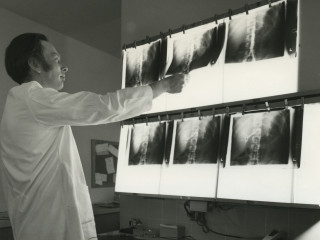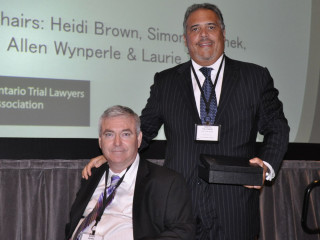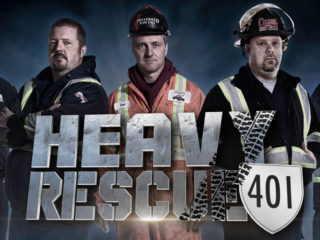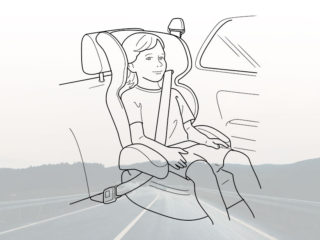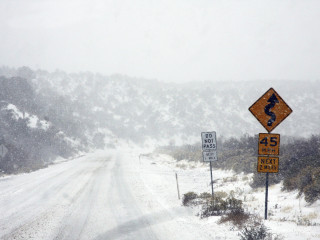Released September 15, 2015 | Full decision
This decision concerns a motion for leave to appeal an order permitting the plaintiff to amend his statement of claim by adding named third parties as defendants after the expiry of the limitation period. The third parties were municipal entities. Leave was not granted.
The plaintiff, a passenger, was involved in a motor vehicle accident (MVA) on November 23, 2011. He received the Motor Vehicle Accident Report (MVAR) on March 5, 2012. It contained the following information:
- The vehicle driven by the defendant lost control;
- The roads were “very icy and slippery”;
- There was freezing rain;
- There was drifting snow;
- The accident happened on a county road; and
- There was skidding and sliding involved.
On May 22, 2012, the plaintiff issued his statement of claim, naming the person who collided with the car carrying him.
On September 23, 2013, the defendant served and filed his statement of defence. It did not make any reference to potential liability of the third parties, nor provide an allegation regarding the cause of the collision.
On March 31, 2014, the defendant was examined for discovery and for the first time attributed the loss of control of his vehicle to black ice on a portion of the road on which the MVA occurred.
On May 2, 2014, the defendant obtained an order for leave to issue a third party claim against the third parties.
On June 19, 2015, the plaintiff obtained an order to amend his statement of claim by adding the third parties as defendants. In allowing the amendment, the motions judge highlighted the fact that the plaintiff was a passenger, not a driver and had no way of knowing “…that acts or omissions by the County or Town caused or contributed to the crash.”
After analysing Rule 62.02(4) (which governs leave to appeal motions) the Court held it was only when the defendant pointed to the municipal entities by making winter maintenance an issue, that the “clock started to run based on the discovery principle.” To rule otherwise would lend credence to the argument that “each action arising out of an MVA in winter conditions would require the addition of municipalities as defendants to address the standard of care regarding winter maintenance… That cannot and should not be so.”
Read the full decision on CanLII
